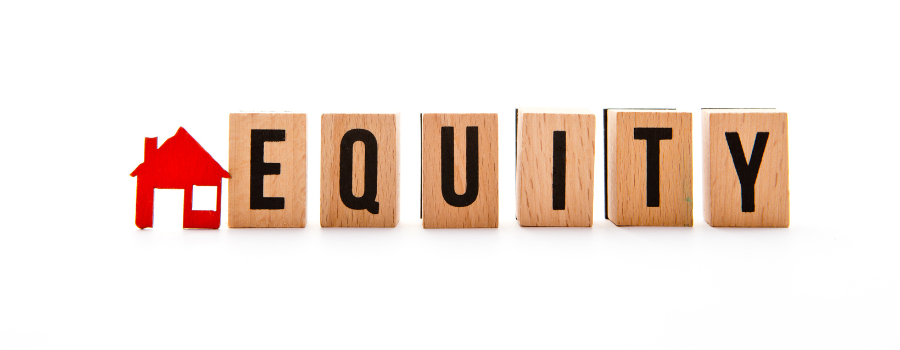Home Equity Loans Explained: Unlocking Your Home’s Financial Power

Exploring the Mechanics of Home Equity Loans
Home equity loans offer a structured way to access the financial value tied up in your home. This type of loan transforms the equity you’ve accumulated into a tangible resource for a range of financial needs. Here’s how it typically unfolds:
- Step 1: Assessing Your Equity
Start by determining the amount of equity in your home. This is the difference between your property’s current market value and any outstanding mortgage balance. The higher your equity, the more you may be eligible to borrow.
- Step 2: Understanding Loan Terms
Home equity loans have fixed terms, typically spanning five to 30 years. This fixed term comes with a set repayment schedule, making it easier to plan your finances.
- Step 3: Getting to Know Interest Rates
These loans are known for their fixed interest rates. This means the interest rate remains constant throughout the loan period, ensuring your monthly payments are predictable.
- Step 4: Applying the Loan
You can utilize the loan for a variety of purposes. Common uses include funding home renovations, consolidating high-interest debt, covering educational expenses, or addressing major medical bills.
By taking a systematic approach to understanding home equity loans, you can better gauge whether this financial tool suits your specific needs and objectives. It’s a blend of strategic planning and financial insight, aimed at optimizing the value of your home investment.
- HELOC Loans Unlocked: How Do They Work?
- Borrow from Retirement With A 401k Loan: A Comprehensive Guide
- Title Loans Explored: Your Guide to Borrowing Against Your Car
- Mastering Credit Cards: Types, Benefits, and Strategic Use
- Credit Card Cash Advances: Emergency Funds When You Need Them Most
- Home Equity Loans Explained: Unlocking Your Home’s Financial Power
- Pawn Shop Loans Unlocked: Your Ultimate Guide to Quick Cash and Smart Borrowing
- Peer-to-Peer Lending for Bad Credit: Unlocking Financial Opportunities
- Drive Away Happy: Your Complete Guide to Auto Loans and Buying a Car
- Unlock Your Dream Home: A Stress-Free Guide to Understanding Mortgages







